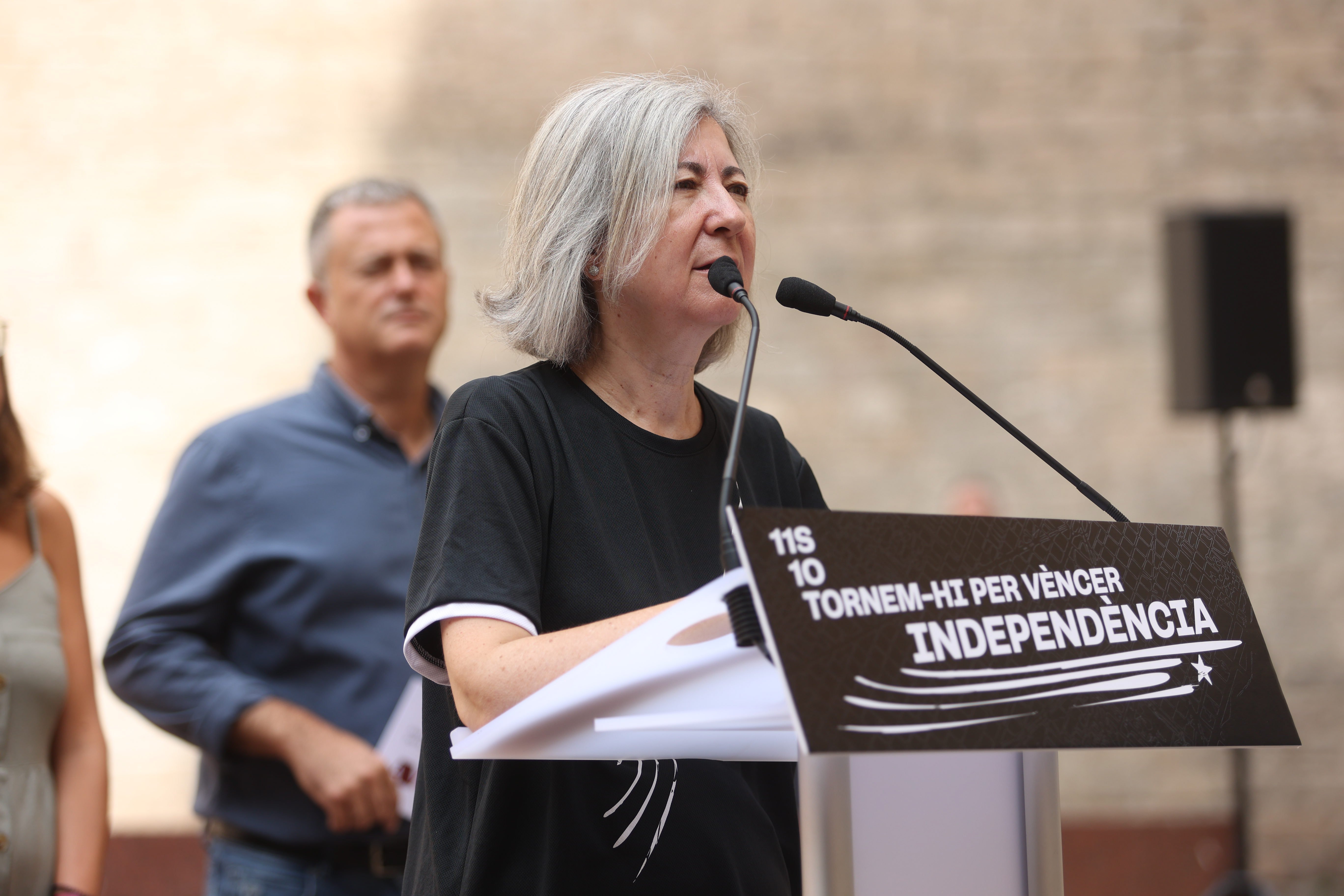The Catalan National Assembly (ANC) has demanded that the judge in charge of its complaints in the Catalangate espionage case be removed from the investigation due to "lack of impartiality". The pro-independence organization has called for the recusal of the head of Barcelona investigating court number 23, Jaime Conejo Heredia, due to suspicions that he has publically shown a position on issues related to the case. In particular, the ANC criticizes that the judge has shared content from the Spanish unionist group Societat Civil Catalana and the website Dolça Catalunya through his Facebook profile. "The opinions and articles disseminated by the recused judge could be an expression of an ideological bias and of a sign contrary to that represented by those under investigation, who obviously identify with the Catalan independence cause", argues the Assembly. It also recalls that Conejo was lieutenant auditor of the prosecutor's office for Spain's military court system, a fact that shows that he maintains ties with the army, which "may affect criteria of objectivity and impartiality".
The ANC's judicial complaints were laid on behalf of five of its leaders and members who were spied on as part of the mass Pegasus-software espionage against the Catalan independence movement, revealed in the Catalangate report released by the CitizenLab research centre in April. The Assembly denounces the violation of several fundamental rights, such as the right to privacy and the right of association of people for being pro-independence and members of civil society organizations. It is for this reason that the organization has considered that these rights would be put "in danger" by a judge with a past linked to the Spanish army and with a notably pro-Spanish profile on the social media. As a result, on August 5th, the lawyer leading the complaint for the five ANC members affected by the espionage (Elisenda Paluzie, Jordi Sànchez, Sònia Urpí, Arià Bayè and Jordi Domingo) presented a writ seeking the recusal of the judge Jaime Conejo Heredia.
The ANC complaints, like most of the other judicial complaints lodged over the Catalangate espionage by those affected, have moved slowly through the justice system so far, and have been dispersed across a number of different courts. The Assembly's case, however, was accepted for processing on July 26th. When the espionage case broke, there were initial attempts to centralise the multiple complaints in Barcelona court number 32, the court which since 2020 had been investigating the first case for espionage using Pegasus, against ERC politicians Roger Torrent and Ernest Maragall. However, the court 32 judge's argued that it was not the correct court for the new complaints, and a total of six different Barcelona courts now have complaints on the table over the espionage against the independence movement: investigative courts number 20, with a complaint by two ERC politicians; court 21, the three from Òmnium; court 22, the three from the CUP party; court 23, the five from the ANC; court 24, that of the lawyer Andreu van den Eynde; and finally, court 32, with the first complaint by Torrent and Maragall. In addition, a court in Madrid is investigating the espionage suffered by defence lawyer Gonzalo Boye.
In a statement, the ANC states that the aim of its complaint is "to find out who is behind these criminal acts". And it adds: "Although the identity of the perpetrators of the acts is unknown, the association's lawyer, Toni Abat i Ninet, understands that the facts and the political interest generated by the complainants indicate that the perpetrators are members of the public authorities of the Spanish state." The Assembly maintains that they could be "members of Spain's National Intelligence Centre (CNI) or some specific division of the state's security forces, such as the National Police or the Civil Guard, who may have had access to this espionage tool". That is an additional reason why they are now asking for the recusal of a judge with a clear connection to the Spanish military.

